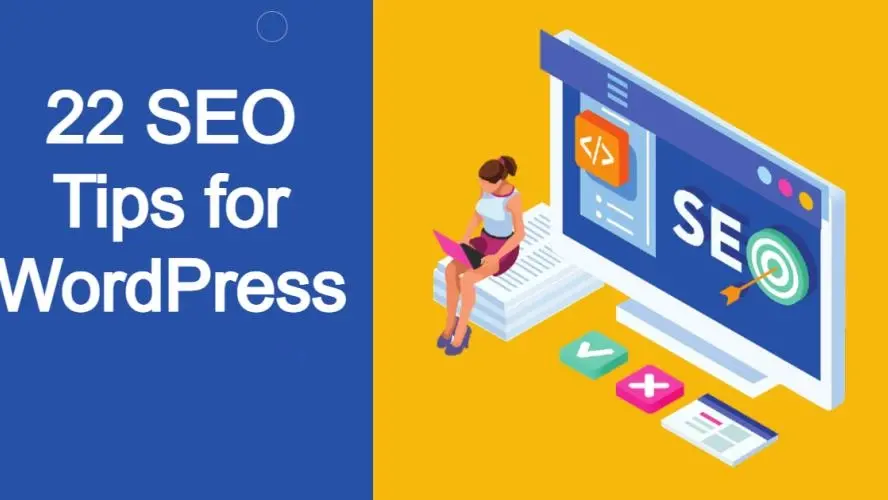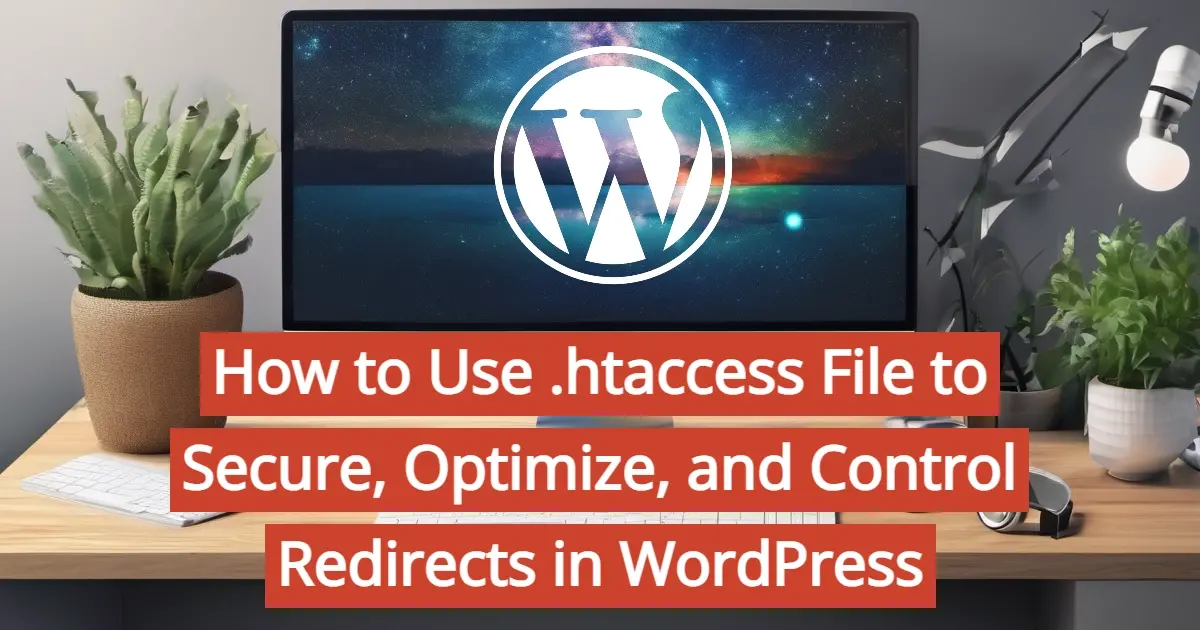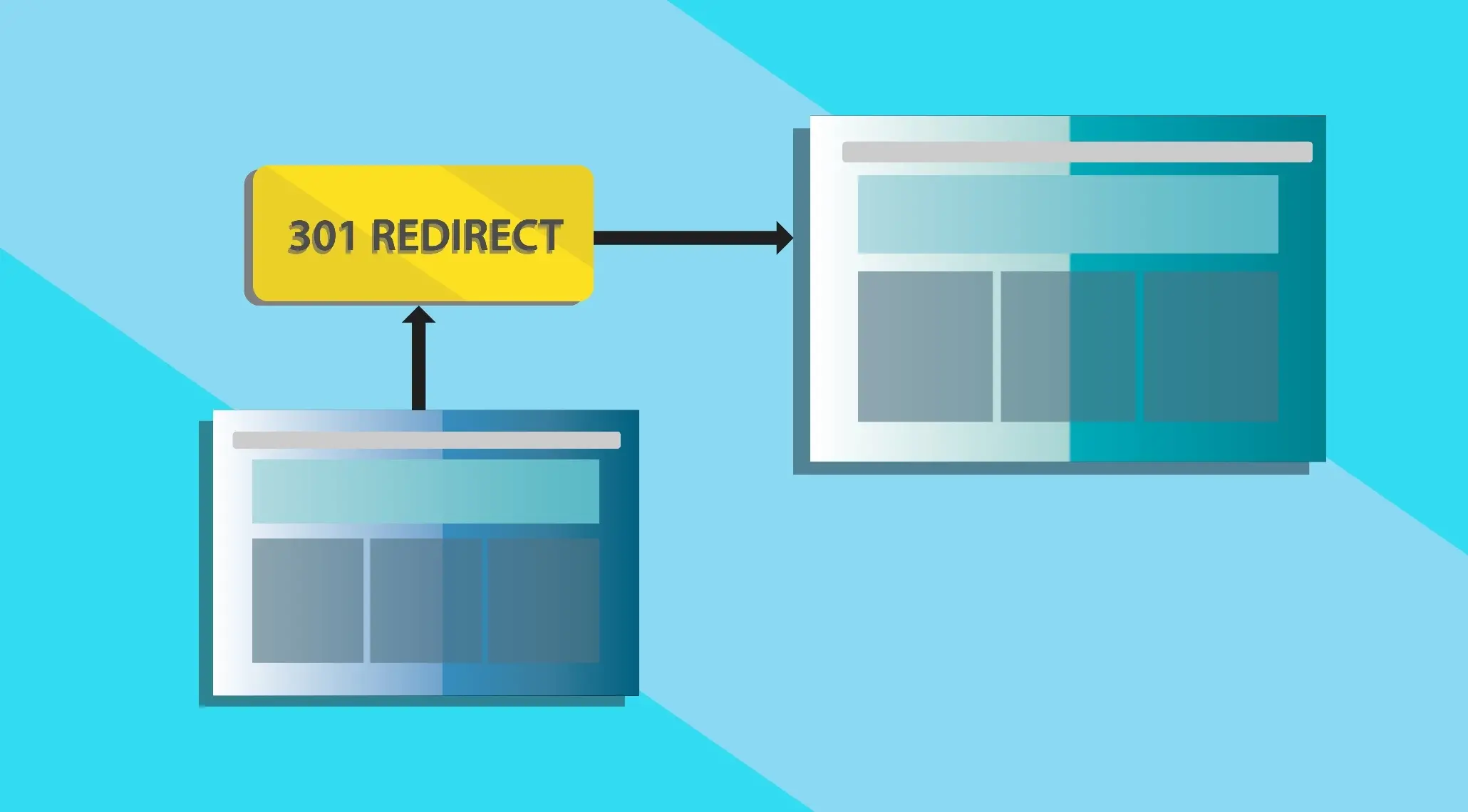Search Engine Optimization, or SEO for short, is very important for any site, even for WordPress users. There are millions of websites that exist on the Internet today, and that means you need to do some things in order to get your site seen. The end result you want is to get your website visitors to buy, subscribe, and get the word out to other people about what you are, why you matter to them. In this article, you’ll learn 22 SEO tips for WordPress to achieve all of that.
22 SEO Tips for WordPress
1. Choose a WordPress theme that is responsive, web accessible, SEO-ready, and fast.
Your website’s speed is important. When you add images, audio, video, and textual content to your website, they slow down your website’s load time. Choose a lean WordPress theme, that is SEO-ready, responsive in design, and can easily be navigated by people who may have physical or visual handicaps.
2. Choose a web host that has speed boosting technology like OpCache, Memcache, or even LiteSpeed.
Most web hosting companies include speed boosting technology at the server level, to run your WordPress site blazing fast. At Verpex, we provide LiteSpeed cache for all of our WordPress hosting and Managed WordPress Hosting plans.
Additionally, as a site note, make sure your website’s PHP level is set to the latest recommended version by WordPress, as it also provides a bit of oomph to your site’s speed.
3. Choose-a-secure-web-host-for-your-website
No one likes visiting a website and getting any virus or encountering malware. It’s important to make sure your web host provides a secure environment. Also, make sure to install SSL, in order to make sure your visitor’s information can’t be stolen while filling out forms or purchasing items through your website.
4. Choose a domain name that is either memorable, or includes what your site is about.
You don’t necessarily have to choose a domain name that contains keywords about what your site does. It’s certainly handy, but if you’re a business, having a memorable and unique name will set your website and business apart from the countless others out on the Interwebs.
5. Submit your website and sitemap to Google Search Console.
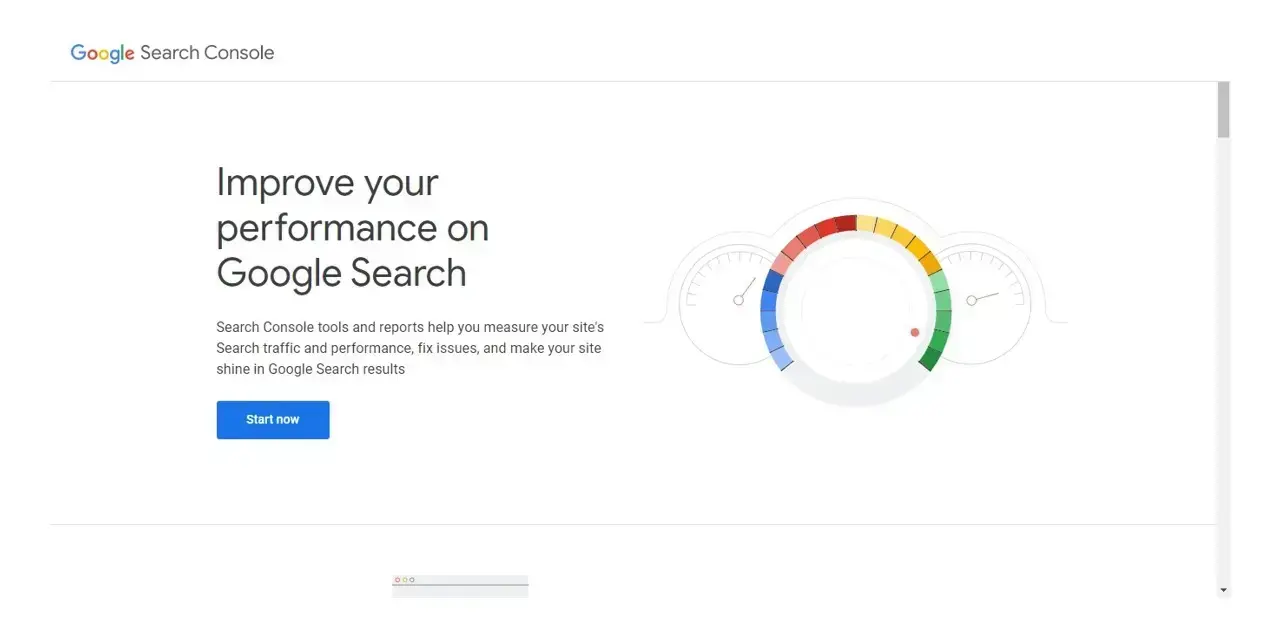
Google Search Console is designed to help Google monitor your websites search health. If you have a new website, you can submit your website’s URL and sitemap, in order for Google to quickly crawl your site, and add it to their search engine.
6. If you’re a business, submit your business and website information to Google My Business.
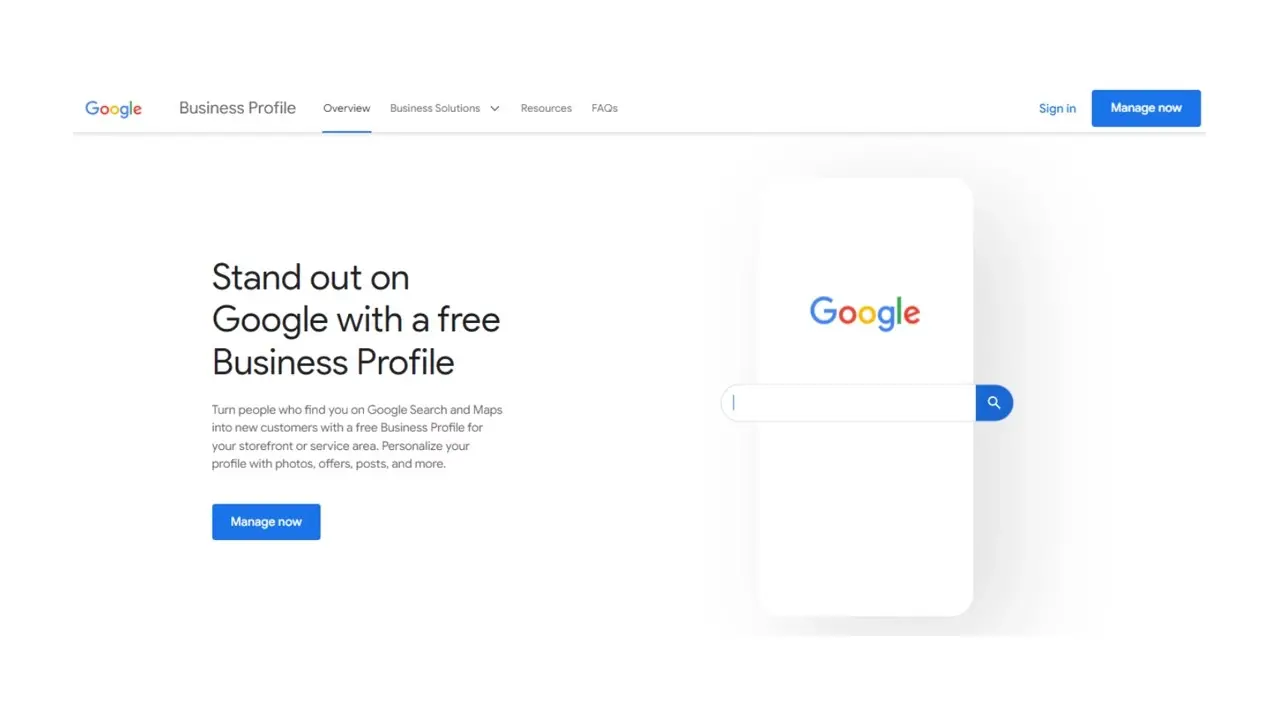
Aside from adding your site to Google Search Console, for businesses, you can also take advantage of Google My Business. This is an extra service that you can get your business listed on the search engines and even welcome visitors to add reviews.
7. Submit your website and sitemap to Bing Webmaster Tools.
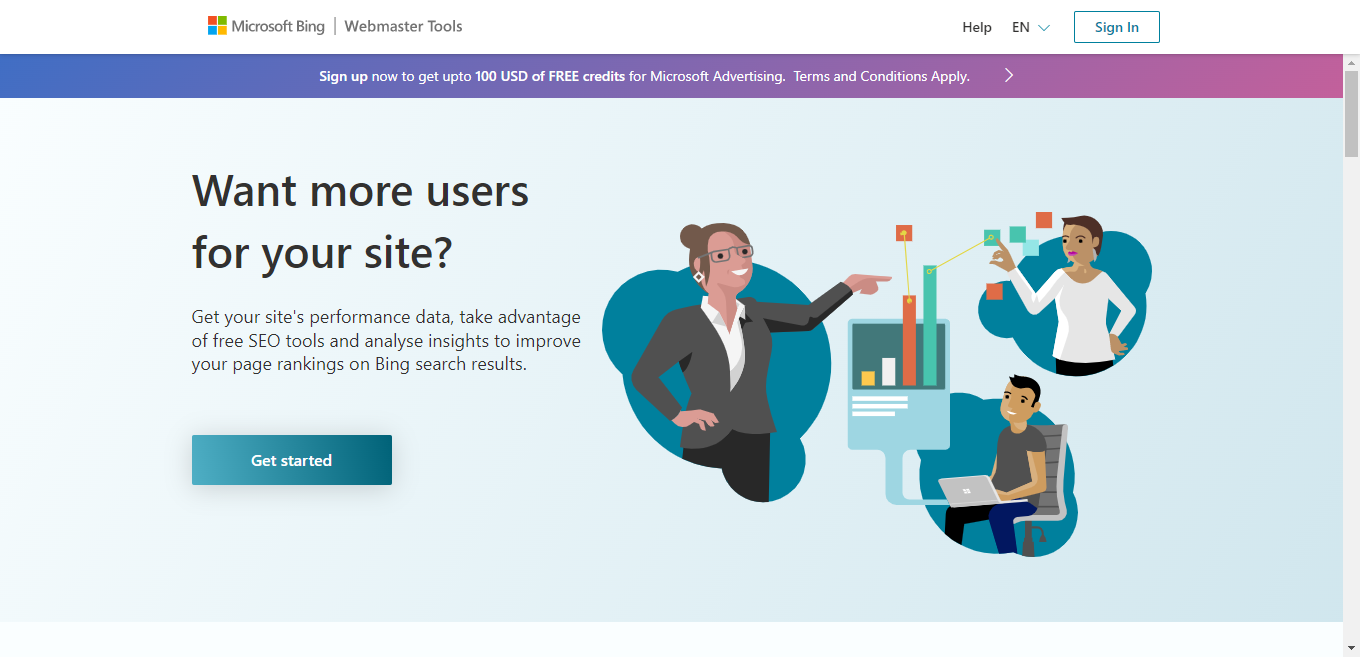
While Google is the number one search engine, don’t forget about Bing search. You should also submit your site to Bing Webmaster Tools in order to optimize your search engine listing on Bing’s search platform.
8. Install an SEO plugin to help add essential OpenGraph and Schema markup to your website.
WordPress SEO plugins like Yoast SEO allow you to write better content, and even have tools like Schema markup to allow search engines to crawl and see your website properly. In being able to do this, Google can do a better job of monitoring your site on Google Search Console, while improving your search engine listings.
That being said, aside from search engines, social search with popular social network sites like Facebook and Twitter mean that you need to implement special code like OpenGraph, so your website’s posts look polished and list the right information on their platform.
9. Add your site to Google Analytics to track your traffic’s progress.
If you want to know how many visitors your site gets every day, how long they stay on the website, where they come from and where they go, then you need to use a tracking software to do that. Google Analytics offers a free and trustworthy traffic tracking platform that can let you know if your site’s traffic is growing, and even allow you to get an idea of areas in your site that need improvement.
10. If you’re blogging, know the difference between tags and categories.
Having a well organized site is important. While Google search should be a focus, your internal sites organization and search should also be important. Google actually has integrated in their Sitelinks for WordPress sites, a way that you can access the internal WordPress search on your Google search listing.
However, it’s essential to properly organize your site, and this includes your blogs tags and categories. In simple terms, categories should be used as major topics and tags should be a little more detailed. You should never have a ton of categories on your website. Keep categories between 2 to 8 on your website. As for tags, use those to group together specific topics. Since some tags could be used in several articles, not every article should be under several categories, even if WordPress allows you to select several categories.
11. Use call to actions in order to get your website visitors to do what you need them to do on your website during their visit.
Call to actions are a must if you wish to grab your visitors’ attention, and direct them to the important areas on your website, whether you want them to purchase something, sign up for your newsletter, fill out a form, or anything else.
12. Organize your site’s navigation to be simple and easy.
Site structure isn’t just for the search engine results, but also for your visitors, in order for them to surf your website easily. As your website grows, it’s extremely important to keep on top of this, as more pages and articles means linking them together, so no page is hard to access.
A great tool to help with this is using a breadcrumbs plugin, or SEO plugin that adds breadcrumbs menu to each page or post. Site breadcrumbs give the visitor an idea where they are at on your website, and the ability to get back to major sections of the site or even your homepage.
13. Use a WordPress caching plugin.
While your web host plan includes some caching and speed boost technology at the server level, in order to tap more into that, a WordPress cache plugin can speed up your site even more. In the case of Verpex, with the cloud web hosting, you can use the LiteSpeed cache plugin to optimize your site’s speed even more.
If you wish to learn about how to increase your website’s speed, here is a good beginner’s article about that topic.
14. Optimize your images in order for them to load fast.
Aside from using a cache plugin, you should be using an image optimization plugin like Smush, in order to reduce the file size of it, and even resize them too.
15. Secure your WordPress website.
Security should always be a top priority of your website. If your site has malware, Google could delist or add a hacked label to your search engines. This will deter visitors from your site until your site is clean and secure again.
You can learn more about securing your WordPress site here.
16. Regularly create unique and entertaining content using text, images, audio, and video.
Your visitors enjoy learning when different methods of displaying your content are used. Use as many options as possible to attract as many visitors to your content.
17. Make sure your articles are no shorter than 300 words.
There’s a ton of content online, and the more unique and useful information you have in your website, the more likely that your pages and posts will be listed better than other site’s on the search engine results. At the minimum, you need to have 300 words on a page or article. However, you probably should aim higher than 1,000 words on a page.
18. Regularly share your content to popular social network channels.
Your job isn’t done when you’re finished publishing a post or page. You should be sharing it on social networks too. This adds your links to their platform, so it is also searchable.
19. Add your website to Facebook as a business page.
Your blog or business site should be on Facebook. They have millions of users, and everything is searchable. However, make sure that you keep your website and don’t just rely on Facebook to attract your traffic. Technology changes over time, and Facebook could go away one day. Your website should always be what you’re trying to direct your traffic to.
20. Make sure to regularly link internal pages together.
Internal linking is vital to your website. It can keep your visitors on your site longer, and even attract them to purchase your products and services.
21. Do keyword research and use keywords within your content to improve your content’s search rank.
You might know a lot, but that doesn’t mean you know everything about what people are looking for, and this means keyword research needs to be done. After researching what keywords you need to be using, you can make sure to tackle topics that people are wanting to read about.
22. Add features to your site to improve your visitors time on site and keep bounce rate low.
Page views, your visitors’ time on your site, and bounce rate are important stats. You want them to view as many pages on your site and stay on your site longer. If they are just going to one page, and then leaving the site, which is called bouncing, this means your bounce rate will be low. Ultimately, this means you’re not getting people interested in what your site has to offer.
Adding featured or popular posts, related posts, longer articles or whitepaper, and even video will improve your website’s traffic, and increase the possibility of converting your visitors to buyers, subscribers, and regular readers.
In Summary
Now that you’ve learned some SEO tips for WordPress, you can use this list as a checklist, in order to improve your website’s search rank. Happy search engine optimization!
Frequently Asked Questions
Who should use WordPress hosting?
First of all - people using CMS WordPress
What is managed WordPress hosting?
Managed WordPress hosting means that the hosting providers handle the management, administration, and support of the infrastructure of your WordPress website.
Is WordPress free?
All you need to do to use WordPress is to invest in a web hosting plan since the software itself is free.
Why choose WordPress hosting?
WordPress is so popular because it allows people to create websites with total customization. With hundreds of apps available for one-click installations, creating something that’s eye-catching and unique is much easier with a CMS like WordPress .

Nile Flores is a long time professional blogger, as well as WordPress website designer and developer from the St. Louis Metro East. Nile blogs at NileFlores.com, where she’s passionate about helping website owners, whether they’re small business owners or bloggers. She teaches about Blogging, Social Media, Search Engine Optimization, Website Design, and WordPress. Additionally, Nile loves to speak at WordCamps (WordPress conferences) across the United States. When Nile isn’t knee-deep in coding, she’s a proud mom of a college student, and enjoys oil painting, cigar smoking, nail art design, and practicing traditional Okinawan kempo karate.
View all posts by Nile Flores













